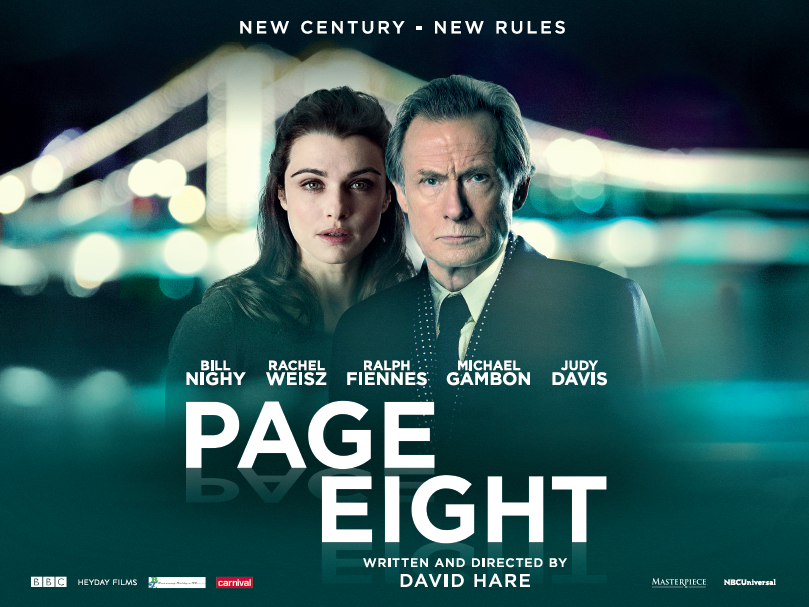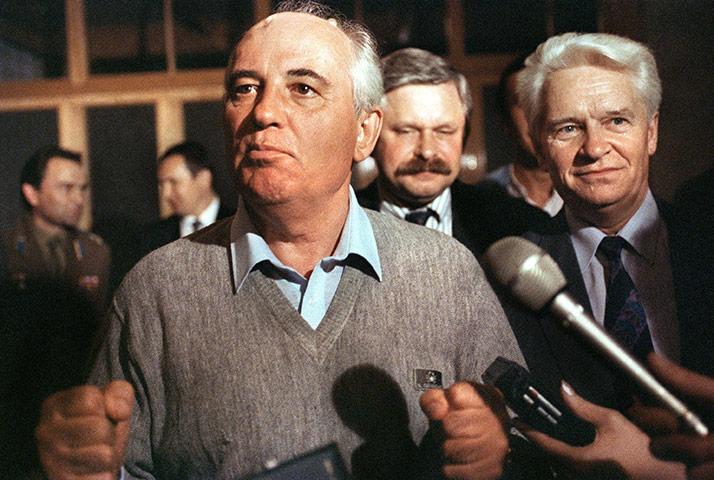When I get home to Ramsgate next week I have the papers for two new political asylum cases waiting for me to study, one of them a bulky parcel from UPS for a case in the United States. I will peruse them carefully to see if they appear genuine, and if so prepare expert testimony. In most ordinary cases I do this free of any charge. If necessary I will go to the tribunals to give evidence. I have won a large number of cases, and indeed never lost a case at tribunal. I have saved two people from deportation at the last minute, one literally en route to the airport. One would almost certainly have been killed on arrival in Uzbekistan.
It has got harder. The popular outcry against asylum seekers, whipped up by the tabloid media, has resulted in political determination to restrict numbers, and that has filtered down through all aspects of the system. If there is one thing that makes it harder still, it is fraudulent asylum seekers. They do exist, as does benefit fraud. These liars and cheats open the way for the malicious to attack the entire system, and cast unfair doubt on the whole principle of providing help to the genuine needy. It is not nasty conservatives who are the root of the reaction against asylum seekers – they merely feed off it and exploit it to their own vicious ends. Those truly undermining the system are fraudulent asylum seekers.
Nafissato Diallo is a fraudulent asylum seeker, a fraudulent benefit claimant, a fraudulent tax declarer, a fraudulent public housing occupier, an associate of criminals and a probable receiver of proceeds of crime. She lied about being raped on her asylum application (for which she was professionally coached with a tape of her false story), she lied about how many children she had in order to receive more benefits, she lied about her income to receive public housing and to avoid tax, she lied about the receipt of very substantial sums of money into her bank account from known, indeed imprisoned, criminals.
I judge she most probably lied too about being raped by Dominique Strauss Kahn. We will never know for sure, trial or no trial. The Guardian has for the last few months been full of articles telling us that a woman may be a fraudulent asylum seeker, a benefit, tax and housing cheat and a criminal associate, but she can still be a rape victim. That is absolutely true.
But they fail to say the converse. A woman may be a rape victim, but she can still be a fraudulent asylum seeker, a benefit, tax and housing cheat and criminal associate. That is equally true and equally important.
In order to maintain public support for the asylum system, it is essential that it has integrity. If Diallo is not now deported, nobody can believe in that integrity.
Now criminal charges against DSK are being dropped, there is no need for her to remain. She does not need to be ordinarily resident in the US for her money-seeking lawyers to pursue a civil case.
An astonishing ignorance of Africa pervades the comments on this issue throughout most of the web. I have lived in or worked on Africa most of my career. We seldom see any of the postive side of Africa on TV. In fact almost the only time Africa appears on our TV screens is when there is a terrible famine in East Africa, an act of piracy or civil war. But in real life Africa is a huge continent in which, despite relative poverty, the vast majority of its people live happily.
I am not in any sense denying or belittling the problems of poverty and disease, prolonged by an expoitative world economic system. But there is no famine in Guinea Conakry, where Diallo is from. People do not starve there. And she is a Muslim Fulani, and therefore part of a dominant group in Guinea Conakry, most certainly not a persecuted one. Which is why her claim was based on lies about gang rapes. There is no political reason why Diallo would need political asylum.
Of course Guinea Conakry is poorer than the United States. But actually it is not at all an unpleasant place, it really is not. Unless you believe that anyone from a poor country should always be allowed to emigrate to the United States, or that anyone from an undemocratic country should always be allowed to emigrate to the United States, (and you are quite entitled to that view if you hold it), there is no reason Diallo should not be returned. There really is not.
If you think all of Africa is a hell-hole, you are absolutely wrong.




